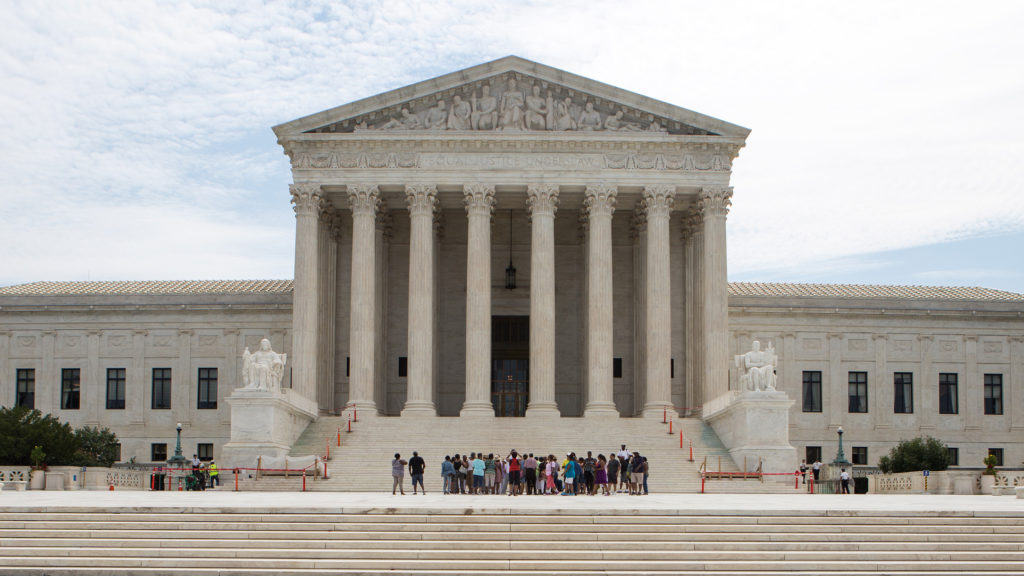
Ahead of a landmark Supreme Court case, transgender teens and their parents are urging the nation’s highest court to block a Tennessee law that bans gender-affirming care for the state’s youth.
The U.S. Supreme Court will hear arguments from Tennessee families, physicians and the state attorney general later this year. The final ruling will likely determine if transgender youth across the country will be able to access puberty blockers and hormone replacement therapy.
The briefing, filed Tuesday on the plaintiff’s behalf, argues that if Tennessee’s law is upheld, it would provide a legal precedent for discrimination against transgender people.
“Make no mistake — if the Supreme Court fails to protect trans Tennesseans’ access to the medical care they need to survive and thrive, local politicians will go even further,” ACLU attorney Lucas Cameron-Vaughn, who represents transgender youth and their families in the legal challenge, said. “By protecting Tennessee trans youth’s right to access the medicine they need to thrive and survive, the Supreme Court can stop politicians from further eroding our freedoms and invading our lives for their own political gain.”
Samantha Williams and her family were one of the first plaintiffs to sign onto the lawsuit last year.
“It was incredibly painful watching my child struggle before we were able to get her the life-saving healthcare she needed,” Williams said. “We have a confident, happy daughter now, who is free to be herself and she is thriving. Tennessee’s ban has forced us at great expense to seek routine health care visits out of state and may at some point force us to leave Tennessee — the only home our children have ever known. No family should have to make this kind of choice.”
A federal appeals court allowed the law to take effect last year. In its ruling, the Sixth Circuit Court of Appeals cited Dobbs v. Jackson, which ended the federal right to abortion, arguing that the law does not discriminate on the basis of sex. At the time, Tennessee Attorney General Jonathan Skrmetti called the ruling a “win for democracy.”
“I look forward to finishing the fight in the United States Supreme Court,” Skrmetti said. “This case will bring much-needed clarity to whether the constitution contains special protections for gender identity.”
A final ruling in the case isn’t expected until 2025.

